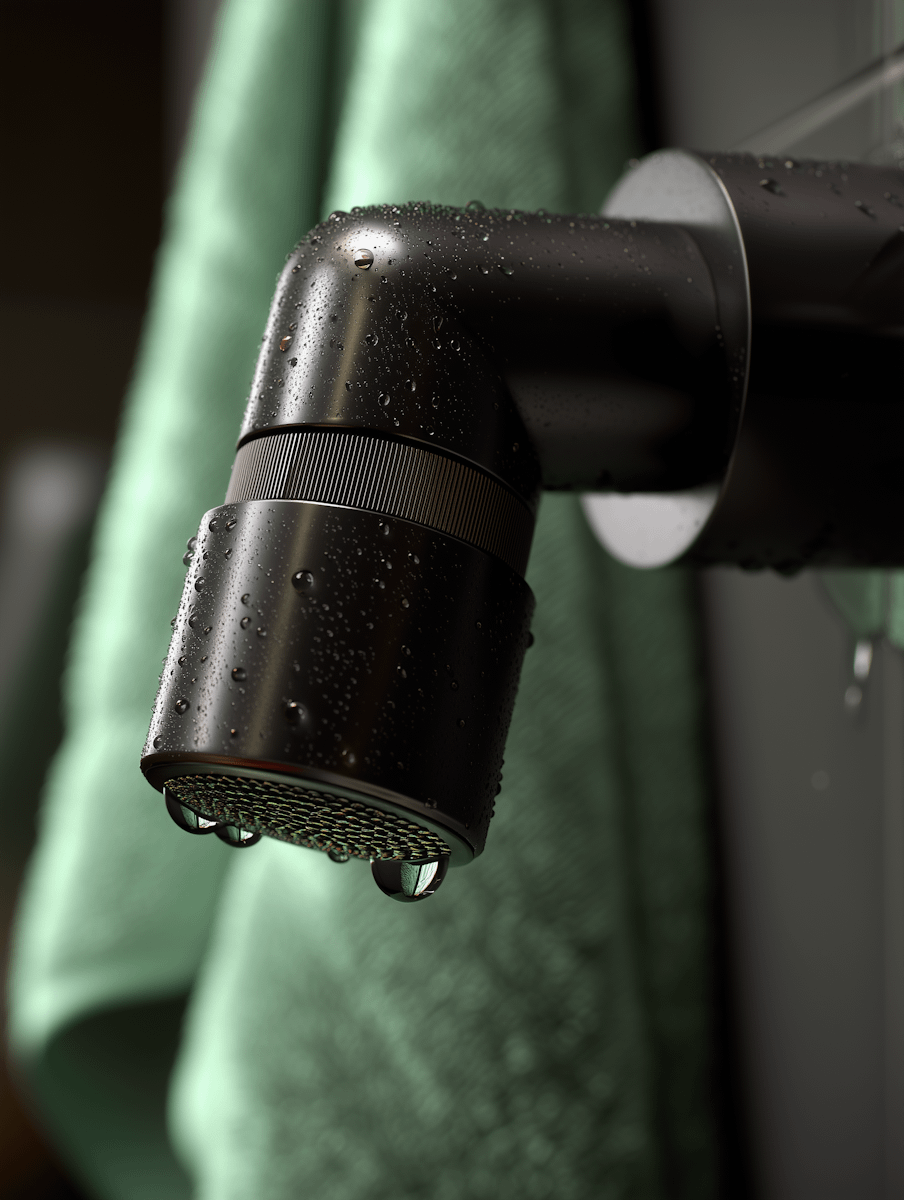Table of Contents
Living in Florida means dealing with the potential of severe storms and hurricanes. That’s why many property owners invest in hurricane insurance or windstorm insurance. Unfortunately, many owners discover that when disaster strikes and the time comes for that investment to pay off, their insurance company refuses to pay its dues.
Underpaid and denied flood and windstorm insurance claims are incredibly common in Florida. If your insurer won’t give you fair compensation, it’s time to turn to a lawyer at Levin Litigation. Our Florida hurricane damage lawyers understand what you’re going through, and we offer the resources you need to hold the insurance company accountable.
Quick Overview: Getting Help After a Hurricane or Windstorm Loss
When a hurricane or windstorm damages your home, the claims process can feel overwhelming—especially when insurers delay, underpay, or dispute what your policy should cover. Many homeowners run into issues proving the full extent of their losses, navigating exclusions, or responding to adjuster reports that downplay the damage. An experienced hurricane and windstorm claims lawyer can step in to manage the evidence, negotiate with the insurer, and prevent costly mistakes that weaken your claim.
What Does Hurricane Insurance Cover in Florida?
Hurricane insurance in Florida does not cover all types of losses related to a hurricane. As with other types of insurance, it’s best to carefully read through your specific policy to understand what losses are covered and when. That being said, most hurricane insurance policies cover:
- Wind damage to the structure itself, such as siding and roofing, from hurricane winds
- Damage to structures such as garages, fences, sheds, and other structures named on the policy or connected to the home or business
- Rain damage from wind-driven rain, meaning water damage that gets into the building through a hole in the roof caused by the hurricane
- Damage to belongings caused by the hurricane, including electronics and personal items
- Additional living expenses in events where the damage is too severe and you must live somewhere else while your property repairs are occurring
Windstorm insurance in Florida does not typically cover flooding unless you have specific flood coverage on your policy.
Hurricane Insurance Claims: Why Do Insurance Companies Deny Claims?
A hurricane insurance claim may be denied or underpaid for a variety of reasons. Some of the most common issues include:
- Timeframe: You typically have one year from the date of the storm to file a claim, however, most policies require you to “promptly” report damage (though the policy doesn’t define what “prompt” notice is. Filing late may lead to a denial or a reduced payout.
- Exclusions: Many policies contain exclusions, which are specific types of damage that aren’t covered. If the insurer claims the damage falls under one of these exclusions, they may deny the claim entirely or only cover a portion of the repair costs.
- Lack of evidence: If you can’t show that the damage was caused by a covered peril (such as wind or water intrusion from the hurricane) rather than normal wear and tear, the insurer may deny the claim or undervalue it significantly.
- Incomplete or missing documentation: If the insurance company determines that they don’t have enough information, they may delay, deny, or only partially pay your claim. Even when damage is legitimate and clearly within the scope of coverage, a lack of specific evidence can lead to reduced payouts.
Sometimes, a denial or underpayment is valid, for instance, if your policy doesn’t cover certain structures like outbuildings or fences. But oftentimes, Florida hurricane damage claims insurance adjusters use vague or confusing policy language to justify low payouts or denials.
In more serious cases, insurers may act in bad faith, intentionally delaying, denying, or underpaying valid claims. This is a violation of Florida insurance statutes. If you suspect your insurer is acting unfairly, it’s critical to take action and contact an attorney.
How Our Florida Hurricane Damage Attorneys Can Help
You have the right to seek a claim under the terms of your insurance policy. If the insurance company is not treating you fairly, don’t wait to contact an experienced hurricane damage lawyer for help. Our attorneys can help you:
- Gather the evidence needed to support your claim
- Identify and challenge any mistakes or underpayments made by the insurance company
- Negotiate directly with the insurer to seek a fair settlement
- File a lawsuit if necessary, especially in cases involving bad faith or outright denial

Hurricane Insurance Claim Denied or Underpaid? Here’s What To Do Next
While there is no way to guarantee that your hurricane insurance claim will be paid out, there are certain steps you can take to minimize the chances of running into an issue.
- Don’t wait to file your claim. Gather evidence as soon as possible after the event, alert the insurance company within the first few days of the impact on your home or business, and then work with the hurricane insurance adjuster or your lawyer to build your claim.
- Gather documentation. The more evidence you have of what was lost, the better. If you do not have an inventory or list of everything you own, take a slow video of the damage you have, capturing images of the items that were damaged or destroyed.
- Avoid making the problem worse. If there is damage to the roof structure, your insurance policy may cover emergency coverings for it. Do not put off this type of urgent temporary repair if it could minimize the ongoing risks.
If you are unsure what your rights are, or you have significant damage, contact our wind insurance denial attorneys. Remember that even though the hurricane insurance adjuster assigned to your claim may seem friendly and caring, their job is always to minimize the amount paid out.
Is Your Insurance Company Handling Your Property Damage Claim in Bad Faith?
If your claim has been denied or underpaid, it’s important to evaluate whether the insurer’s decision is valid. Here are a few steps to take:
- Review your insurance policy: Take a close look at what your windstorm or hurricane policy covers. Pay attention to any exclusions, deadlines, and documentation requirements. If something doesn’t make sense, don’t worry, a lawyer can help you understand your policy and identify potential coverage issues.
- Read the denial or settlement letter carefully: If the insurance company denied or underpaid your claim, they’re required to give you a written explanation. Look for specific reasons, like lack of documentation, policy exclusions, or disputed cause of damage. If anything is unclear, ask for clarification.
- Talk to an attorney before taking further steps: It may be tempting to handle things yourself, but filing an appeal or resubmitting information without legal guidance could hurt your case. A consultation with our hurricane insurance lawyers is free and can help you understand your options.

Florida Hurricane Damage Claims Lawyer: FAQs
What should I do if my hurricane insurance claim is delayed?
Start by contacting your insurance company in writing to request a status update and explanation for the delay. If they don’t respond or keep stalling, it could be a sign of bad faith.
When should I hire a Florida hurricane insurance lawyer?
You can hire a lawyer at any stage of the process, but most people choose to contact us when something goes wrong. If your claim has been delayed, denied, or underpaid, or if you’re having trouble understanding what your policy actually covers, our attorneys can step in and advocate for you.
How much does it cost to hire a Florida hurricane damage lawyer?
When you work with Levin Litigation, you will not be required to pay us anything until we have recovered damages for you. We can inform you of the cost of our services after reviewing your case.
How long do hurricane insurance claims take?
The timeline for hurricane insurance claims varies widely. In straightforward cases, you might receive compensation within a few weeks. However, after large storms affecting many property owners, the process can take several months, or even a year or longer.
Is hurricane insurance the same as flood insurance?
Hurricane vs. flood insurance is easy to confuse. The two are very different. Hurricane insurance covers damage from wind in a hurricane. Some hurricane policies include flood insurance, but not all do. Flood insurance typically covers flooding of your property from rising water, including storm surges. Always review your policy to know what it specifically covers.
Schedule Your Free Consultation With Our Hurricane Damage Lawyers in Florida Today
Levin Litigation is here for you. You are struggling to get your home or business back in order, and we offer the compassionate guidance you need. It can be very hard to tell if an insurer has denied or underpaid your claim without just cause. Trust your instincts. Schedule a consultation with our attorney to learn how we can help.





